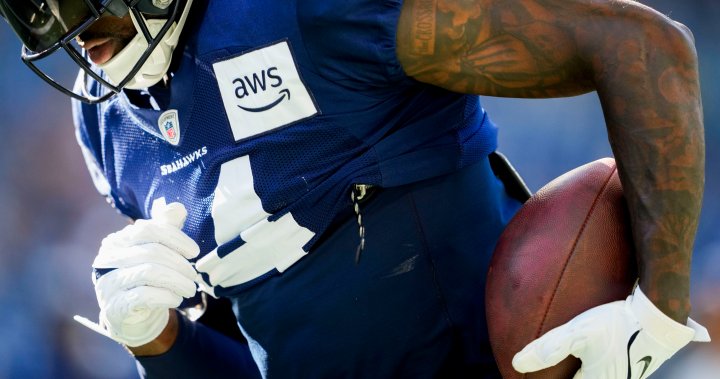A recent study conducted by the Boston University CTE Center reveals that men who have a history of playing organized football are at a higher risk of developing Parkinson’s disease. The study suggests that the longer the duration of play and the higher the level at which the sport was played, the greater the risk of receiving a Parkinson’s diagnosis.
The study, published in the journal JAMA Network Open, utilized data from a large online survey called Fox Insight, sponsored by the Michael J. Fox Foundation for Parkinson’s Research. It included 1,875 men, 729 of whom had a history of playing football. The participants with a history of playing football had a 61% higher likelihood of being diagnosed with Parkinson’s or parkinsonism, a term that encompasses brain conditions that cause symptoms like tremors, slowed movements, and stiffness, compared to those who played other organized sports.
The study emphasizes the importance of studying individuals with lower levels of football play, as most people play at the high school and college level. Previous research on the long-term neurological outcomes of football has mainly focused on professional players. It is noteworthy that participants diagnosed with parkinsonism or Parkinson’s were older, had lower levels of education, lower body mass index, and were less likely to have a family history of the disease.
Parkinson’s is associated with various risk factors, including family history, exposure to toxins and pesticides, and traumatic brain injury (TBI). Repetitive head impacts, in particular, have been linked to Lewy body pathology, which are abnormal protein deposits found in people with Parkinson’s. The study suggests that football, compared to other contact sports, provides more consistent levels of exposure to head impacts among players and positions.
Another study published in the journal Neurology in 2018 highlighted the connection between TBIs experienced by veterans and the incidence of Parkinson’s. Similar associations have been observed in studies on boxing and TBI. Therefore, it is crucial to explore the relationship between TBI, football-related head impacts, and the development of Parkinson’s.

The Canadian Football League (CFL) has taken steps to reduce the impact of head injuries by introducing “guardian caps” as a form of protective gear during training camps and padded practices. These soft-shell helmet covers aim to mitigate the force of head impacts. Additionally, a study conducted on youth football players in 2022 demonstrated that even smaller blows to the head can accumulate over the course of a season, leading to cognitive impairment.
Continued research is necessary to understand the long-term effects of football-related head impacts and their contribution to Parkinson’s. Improving safety measures and protecting players’ brain health should be a priority in football and other contact sports.
© 2023 Global News, a division of Corus Entertainment Inc.
Denial of responsibility! VigourTimes is an automatic aggregator of Global media. In each content, the hyperlink to the primary source is specified. All trademarks belong to their rightful owners, and all materials to their authors. For any complaint, please reach us at – [email protected]. We will take necessary action within 24 hours.



